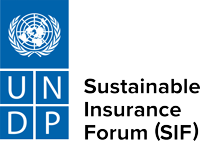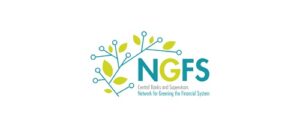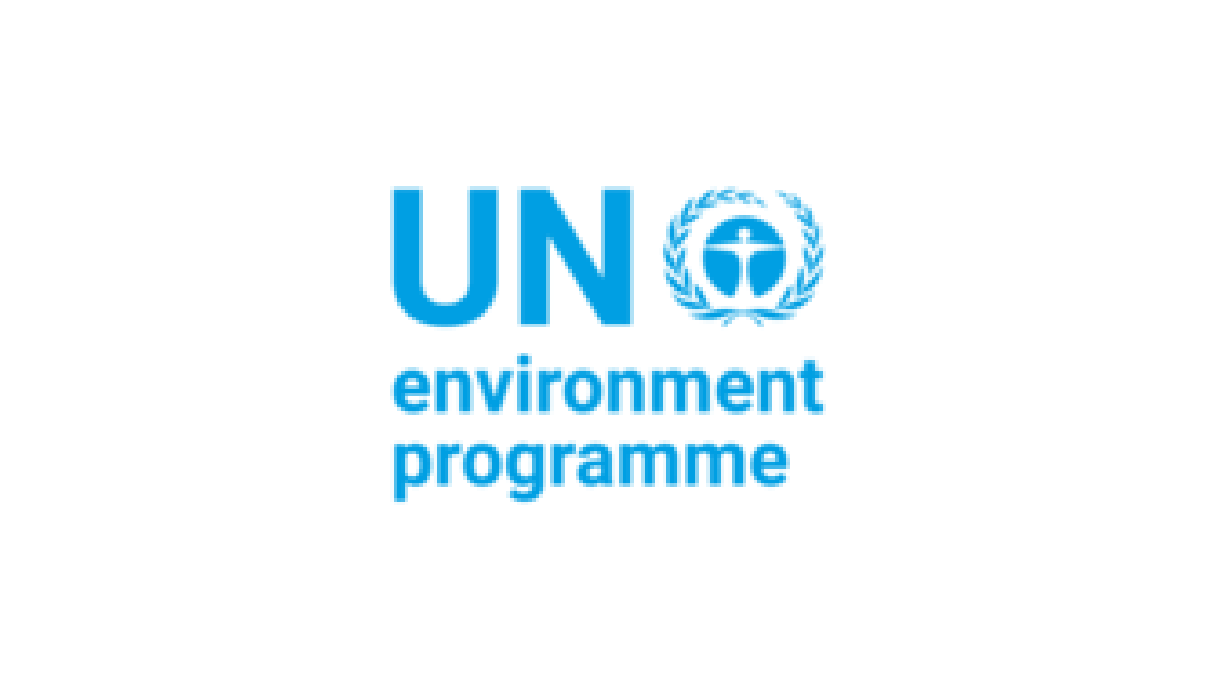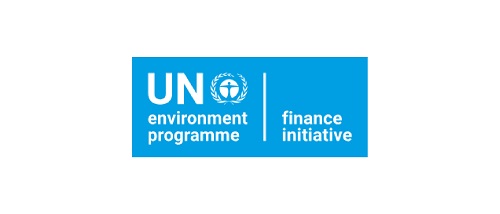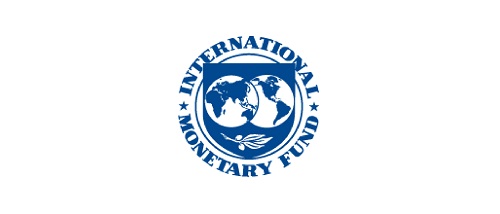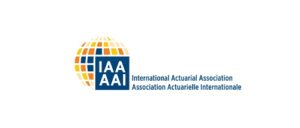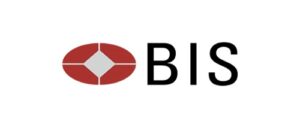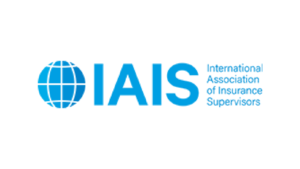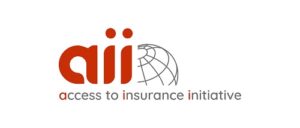Question Bank on Climate Change Risks to the Insurance Sector: Why does SIF have a Question Bank?
Author: SIF
Tags: Question Bank
Following recommendations from the 2018 SIF and IAIS ‘Issues Paper on Climate Change Risks to the Insurance Sector’, the SIF developed a set of practical tools to support supervisors’ efforts to integrate climate change risks into mainstream supervisory practices and engagement strategies. This included the development of a set of questions – the Question Bank – for supervisors to use in engagements with firms.
The Question Bank helps supervisors develop engagement tools to better understand exposures and strategic responses of regulated entities to climate change risks and opportunities. It provides a framework, and sample questions, which supervisors can adapt for use in their own jurisdictions – depending on local market contexts, objectives, areas of interest, and levels of sophistication with climate change issues.
SIF Members have been demonstrating the usefulness of the Question Bank by sharing their experiences of integrating it into their work, including:
- The Bermuda Monetary Authority (BMA) undertook an industry survey on climate risk to support a qualitative status assessment of the Bermuda market and inform future supervisory engagements. The survey was focused on climate risk considerations, including governance and strategy, underwriting, investments, stress tests/scenarios, and disclosures. The Question Bank was the starting point for the development of these survey questions. The results of the survey were published in the 2020 Climate Change Survey Report.
- The Office of the Superintendent of Financial Institutions (OSFI) in Canada has been utilising the Question Bank in several areas of its work. OSFI used the Question Bank to support the drafting of a discussion paper, ‘Navigating Uncertainty in Climate Change: Promoting Preparedness and Resilience to Climate-Related Risks’, published in January 2021. Given the value of the SIF Questions Bank, OSFI decided to use it as a training tool with its supervisors, to assist them in their climate risk monitoring activities and engagements with financial institutions. Training was developed in both English and French, and OSFI translated the SIF Question Bank to French to assist its francophone and bilingual staff. The French version of the Question Bank can be viewed here.
- The Reserve Bank of New Zealand (RBNZ) conducted its climate risk supervisor training, which is compulsory for all its supervisors and covers climate risk for insurance and banking supervisors. The Question Bank has been integrated within this training, which also draws on New Zealand’s findings from the SIF TCFD survey. This has been captured in detail in a case study.
- The Question Bank has been designed to address the full range of impacts that climate change may have on the core business of insurance firms. It is intended to be applicable to the range of physical, transition, and liability risks arising from climate change, and how they may manifest across the suite of risks facing insurance companies as underwriters and investors. The Bank clusters question options, in order of increasing complexity, within nine categories:
- Overall familiarity
- Governance and Strategy
- Underwriting Practices
- Investment Practices
- Liability Risks
- Scenario Analysis and Stress Test
- Disclosure and Information
- Skills, Capacities and Culture
- Role of the supervisor
The Bank contains 70+ questions which are primarily structured as binary questions (i.e. “Yes / No”), with open-ended elaboration (i.e. “If yes, please explain”). The intention is to simultaneously gather information to represent in a quantitative format (i.e. % of insurance firms seeking to implement TCFD Recommendations), as well as more complex information relevant for forming supervisory opinions on the strength of a firm’s responses to climate change risks. If supervisors wish to focus on specific actions or issues, or develop a more quantitative view, the questions can be adapted to Likert-scale or multiple choice questions using the response guidance in the Supervisory Version.
The Question Bank is based on materials used by SIF Members, including the Australian Prudential Regulation Authority (APRA), the De Nederlandsche Bank (DNB), and the Bank of England Prudential Regulation Authority (PRA). It also includes questions relating to the guidance and recommendations of the Financial Stability Board’s TCFD which are relevant to insurance companies as underwriters and investors.
Links:
May 2021
The Office of the Superintendent of Financial Institutions (OSFI), member of the Sustainable Insurance Forum (SIF), has produced the French version of the SIF Question Bank on Climate Change Risks to the Insurance Sector and used it in their training. This Question Bank is intended to help supervisors develop engagement tools to better understand exposures and strategic responses of regulated entities to climate change risks and opportunities. The objective is to provide a framework, and example questions, which supervisors can adapt for use in their own jurisdictions – depending on local market contexts, objectives, areas of interest, and levels of sophistication with climate change issues.
NZ Insurance Supervisors use SIF Resources to hone in on Climate Risks
December 2020
The case study outlines how the Sustainable Insurance Forum (SIF) proved to be a useful resource for New Zealand’s insurance supervisors who honed in on climate risks through specialist training sessions in September.
Question Bank on Climate Change Risks to the Insurance Sector
March 2020
This is the public version of the Question Bank. A supervisory version is also available for supervisors and regulators, on request to the SIF Secretariat. For an electronic version please CONTACT the Secretariat.
